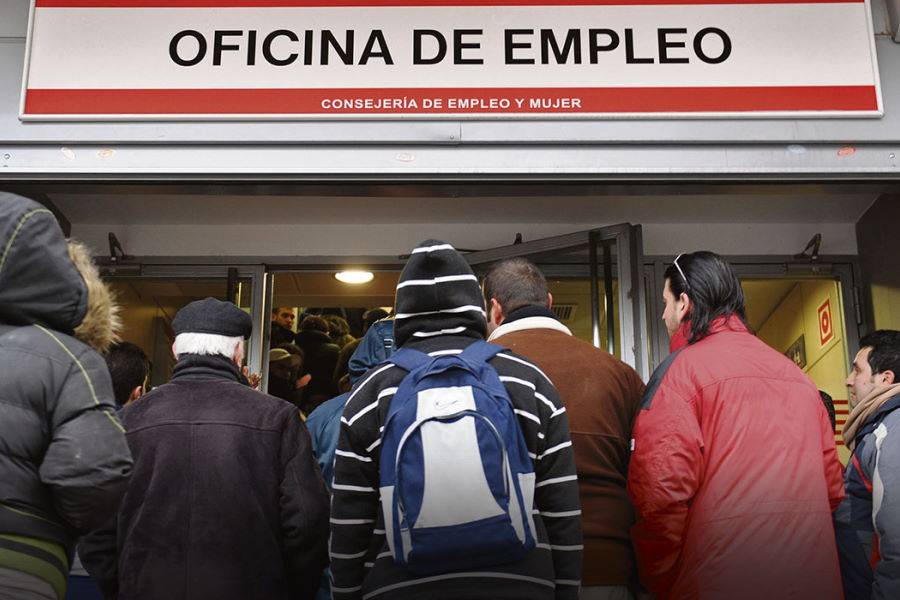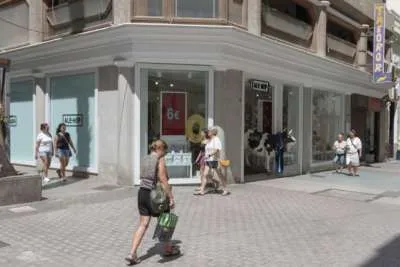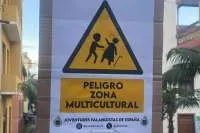Economic recovery has slowed down in the Canaries causing the loss of 10,000 jobs
- 03-02-2022
- Business
- Canarian Weekly
The loss of the winter season in the Canary Islands for tourism, as a result of the omicron variant and the sixth wave of coronavirus, has had a big impact on the island's economy by cutting growth forecasts and causing job losses.
In January, with 35% occupation in the tourism sector, some hoteliers and business owners chose either to return workers to the ERTE, which saw a 3% increase after months of decline, give staff holidays, or in many cases direct dismissal as they had passed the six month regulation of re-employment.
According to data from the Ministry of Social Security, 9,939 contributors were lost in January which represents a cut of 1.19% compared to January 2021. It is certainly a month characterized by the destruction of employment after the Christmas campaign, but last month's decrease is much larger than that registered in 2016 or 2018 when Social Security affiliation was cut by around about 6,000 people each year.
The hotel industry, given the new blow suffered by tourism, was the one that accounted for the highest percentage and accounted for almost 40% of the 9,939 people not working (3,762 people). The trade sector was next with the loss of 2,242 jobs, and construction also lost 841 contributors.
The islands closed January with 821,980 contributors to social security, almost 4,000 more than two years ago in February 2020, when the pandemic broke out. However, as highlighted by the Canarian Confederation of Entrepreneurs (CCE), these new jobs were created by the public sector. Thus, in the branches of health, education and public administration, 17,307 contributors were gained, while 16,212 affiliates were lost in hotels, commerce, and transport.
In line with the drop in contributors in January, there was an increase in unemployment in the Canary Islands which increased by 2.14% inter monthly. This means there were 4,337 more people on the unemployment lists, almost 140 a day, and the Islands ended January with 207,156 unemployed.
Once again, the hotel industry was the sector in which unemployment rose the most, according to data from the Canary Islands Employment Observatory (Obecan). In January unemployment increased by 4.79% in this sector, with 1,501 more unemployed, followed by commerce, with an increase of 4.2%, which is 1,384 people.
Profile of the unemployed:
Women led the rise in unemployment, and the age with the greatest impact was between 25 and 45 years old.
By islands, unemployment rose in all. In Fuerteventura, it increased by 7.3% (640 people) and in Lanzarote, 4.7% (532 people). Next came Tenerife, where unemployment increased by 2.11% (1,852 people), while in Gran Canaria it rose by 1.4% (1,206).
If the data for January of this year is compared with that of the same month in 2021, the situation has improved substantially, as contributors increased and unemployment fell. Something logical after a 2020 of Covid, lockdown, uncertainty, ERTE, and job destruction due to the paralysis of economic activity.
Other articles that may interest you...
Trending
Most Read Articles
Featured Videos
TributoFest: Michael Buble promo 14.02.2026
- 30-01-2026
TEAs 2025 Highlights
- 17-11-2025


























































